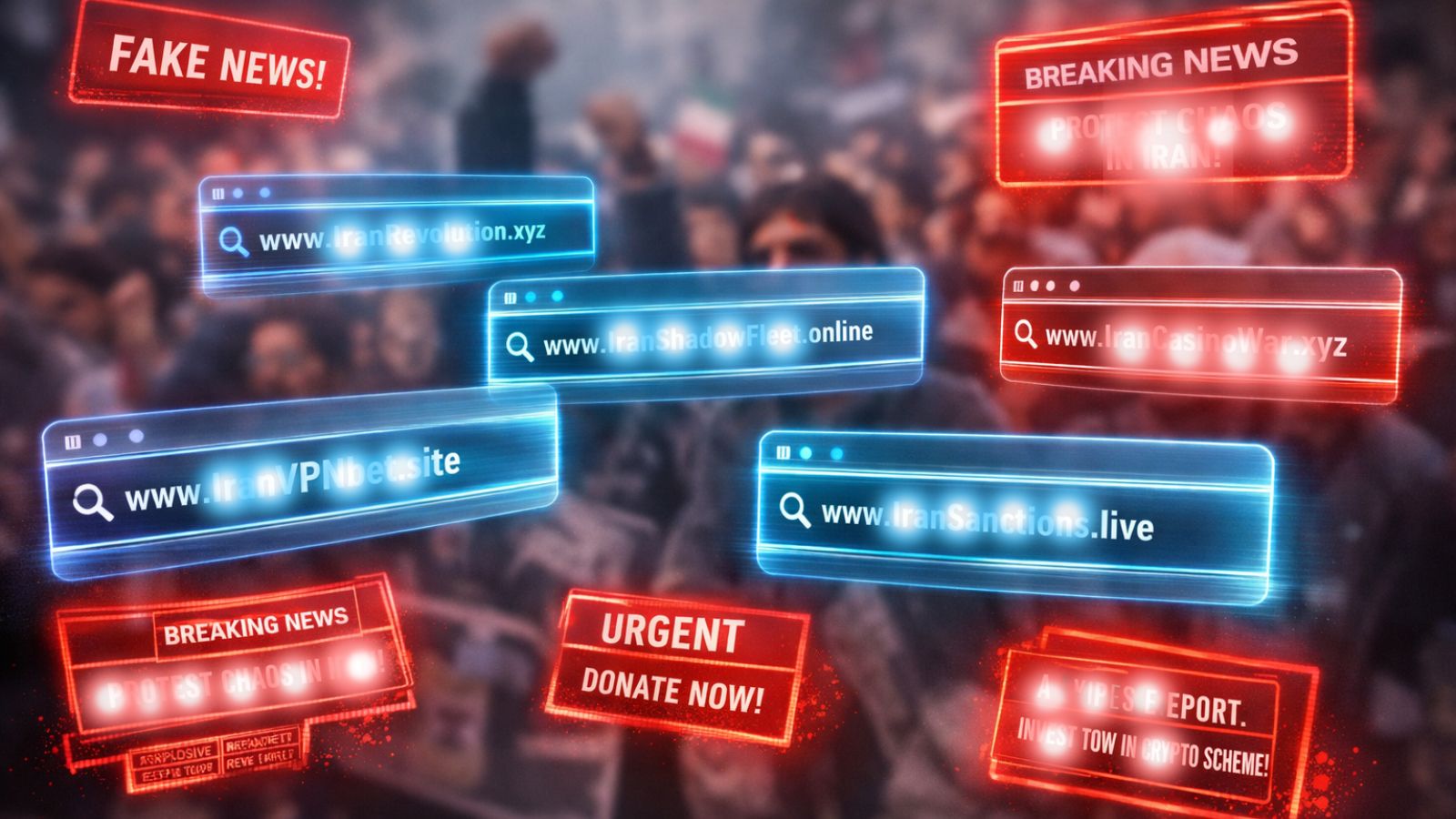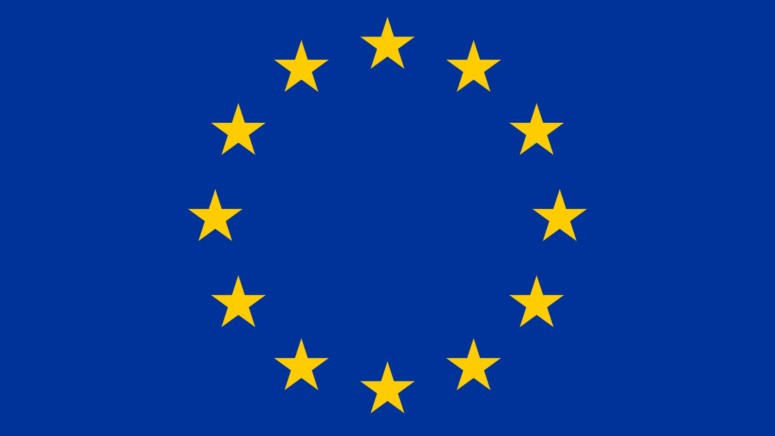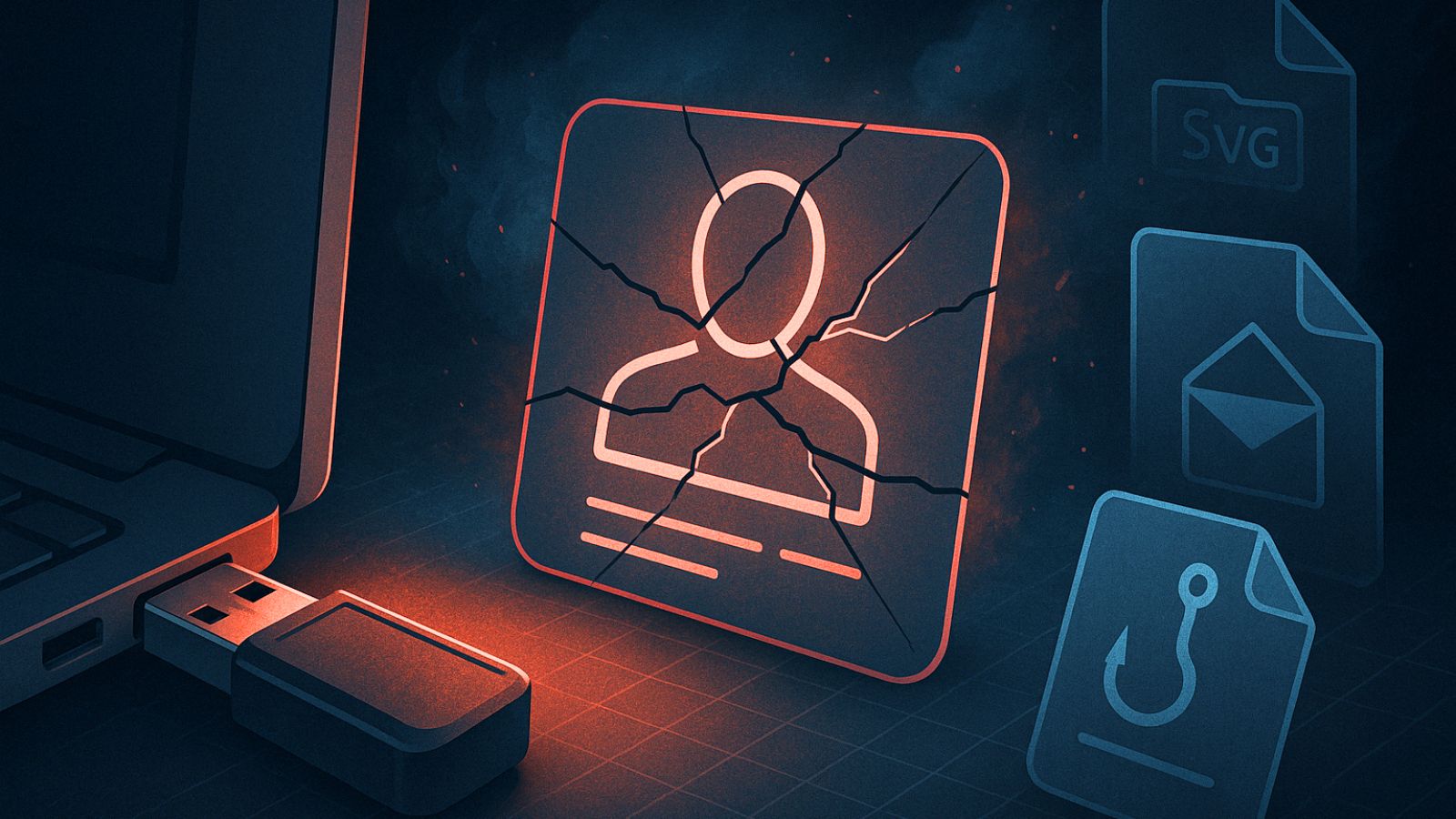
EU Proposes New Measures for Google, Meta, Microsoft, X, and TikTok to Combat Hybrid Threats
- New protocol: The EC is set to propose a crisis protocol under the Digital Services Act (DSA) requiring online platforms to help combat hybrid threats.
- Part of Democracy Shield: The proposal is part of the European Democracy Shield initiative, designed to counter foreign information manipulation and interference.
- Focus on Disinformation: Major platforms are to enhance combating disinformation, deepfakes, and AI-generated media, particularly in the context of elections.
The European Commission (EC) is preparing a proposal that would obligate very large online platforms (VLOPs) operating under the Digital Services Act (DSA), which already mandates that platforms like Google, Meta, Microsoft, and TikTok address illegal and harmful content since 2024, to actively detect and counter hybrid threats in Europe.
Expanding the Scope of the Digital Services Act
The forthcoming proposal aims to build on this framework by establishing a specific "DSA crisis protocol for hybrid threats." This protocol would be developed in collaboration with the online platforms, national authorities, and other relevant stakeholders, as per Reuters.
The objective is to create a more robust system for detecting, deterring, and responding to coordinated information attacks that threaten public security and democratic integrity.
This new requirement will be part of a broader strategy known as the European Democracy Shield, aimed at protecting the bloc’s democratic processes from foreign interference and information manipulation, largely spurred by Russian disinformation campaigns.
Hybrid threats are defined as coordinated, hostile actions that combine economic, technological, or other measures falling short of formal warfare, such as large-scale disinformation campaigns.
New Mandates for Countering Disinformation
In addition to the crisis protocol, the European Democracy Shield will urge signatories of the EU's Code of Conduct on disinformation, including Google, Microsoft, Meta and TikTok, to analyze and counter threats posed by emerging technologies.
This includes a specific focus on deepfakes and other forms of AI-generated content that could be used to manipulate public opinion, especially during elections.
These EU disinformation measures signal a more assertive regulatory posture, pushing tech companies to take greater responsibility for the content distributed on their platforms. The formal proposal is expected to be announced by EU tech chief Henna Virkkunen on November 13.
In September, reports said the Moldova election was hit by cyberattacks allegedly from Russia amid political tensions, blocking 4,000 vote-related websites, and the U.K.'s domestic intelligence service MI5 warned politicians of state-sponsored espionage threats from Russia, China, and Iran in October.









